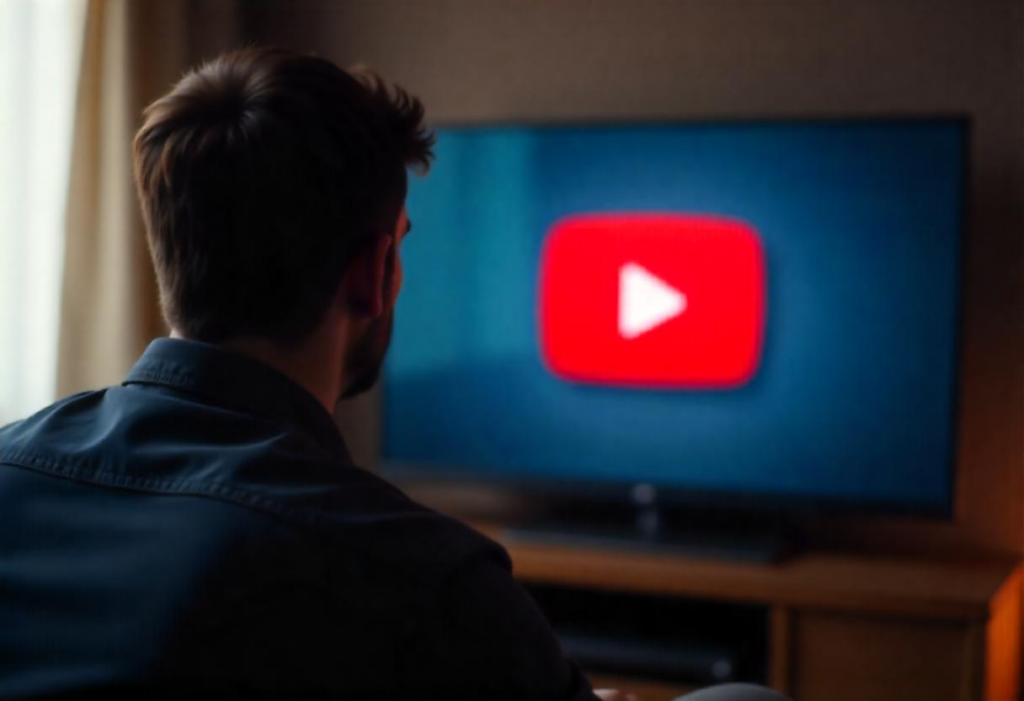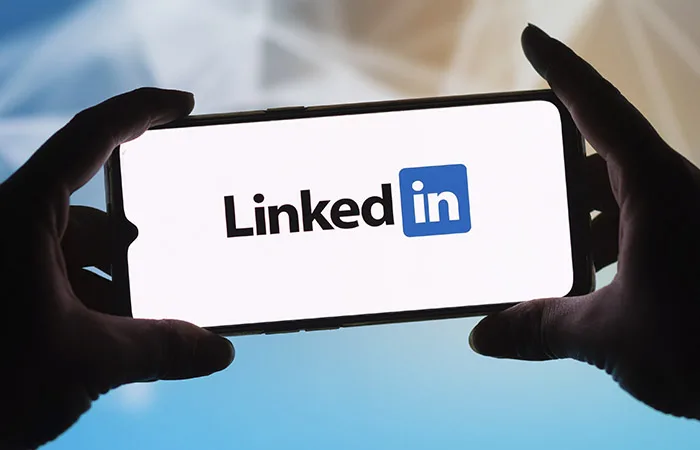Gen Z — this is an audience that has long been dictating new rules in the world of marketing. Their preferences, behaviors, and expectations are constantly changing, and 2025 will be no exception. It is important for brands to take these changes into account in order to stay relevant and build trusting relationships with young consumers. In this article, we'll look at how to adapt it. marketing services Gen Z strategies based on current trends.
Understanding the values and worldview of Gen Z
Today's young people choose brands that share their views and demonstrate authenticity. Gen Z focuses on social responsibility, environmental friendliness, inclusivity and ethical production. They want to see real stories, not standard ads.
To build a connection with this audience, it is important to:
- Show how business affects society and nature
- Talk openly about production processes
- Support initiatives that are important for a generation, but do it sincerely, not for the sake of HYPE
In 2025, these principles will become even more important, so companies should adapt their strategies in advance to meet the expectations of a young audience.
Content that really engages
Classic advertising formats are gradually becoming a thing of the past. Generation Z is looking for content that evokes emotions, entertains and educates. To attract the attention of this audience, brands need to rely on:
- Short videos. Formats like TikTok and YouTube Shorts continue to gain popularity. Young people prefer fast, dynamic videos with a clear feed.
- Interactivity. Surveys, challenges, "choose for yourself" formats, quests — everything that makes the user not just watch, but participate.
- Gamification. The introduction of game mechanics in marketing allows you to make interaction with the brand interesting and memorable.

Trust through honesty and openness
Generation Z easily recognizes artificiality. This fact makes transparency and integrity important elements of marketing strategies. Open communication, real employee stories, real feedback, and behind — the-scenes processes all build trust.
Brands should move away from overly retouched images and fake promises in favor of real communication. This also applies to working with influencers — cooperation should look natural, and not like an advertising campaign made according to a template.
Social networks as a space for dialogue
Young people no longer perceive social networks as a platform for unidirectional broadcasting of brands. It is important for them to interact, discuss and be heard.
In 2025, marketers should:
- Work more with comments and answer user questions
- Create content that provokes discussion and elicits feedback
- Involve your audience in processes, for example, by voting on products or creating joint projects
A brand's active involvement in the life of its audience increases loyalty and makes it closer to the consumer.
Developing a personalized experience
Although mass advertising campaigns still work, Gen Z prefers more targeted interaction. In 2025, marketing strategies will be based on taking into account the interests and behavior of each user.
To meet this trend, brands can::
- Use recommendation algorithms that select content and products based on a person's preferences
- Launch exclusive offers for specific customer groups
- Develop interactive services that allow the user to customize the product or service for themselves
The main thing is not to go too far with personalization, so as not to create a feeling of total tracking of the user.
New technologies in marketing
Brands working with Gen Z are actively implementing cutting-edge technologies that make interaction with the audience more convenient and interesting. In 2025, a special role will be played by:
- Artificial intelligence. It will help you create content, analyze data, and personalize your offers.
- Augmented Reality. It allows customers to "try on" clothes, test cosmetics, and even visualize products before purchasing.
- Voice assistants. More and more users are turning to smart speakers and voice search, which is changing the approach to SEO and content.
Using these technologies will make marketing more interactive and convenient for a young audience.








